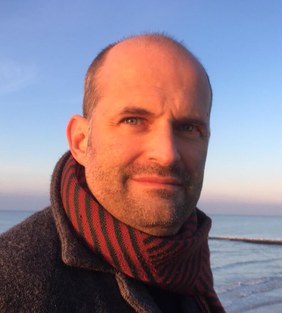Ignorance is bliss - Carl Lachat
Finally, it has been solved! We know exactly what a healthy diet is. It is now perfectly possible to determine the optimal diet for each individual, taking into account their genetic profile, taste, season, and budget.

Multinationals take advantage of this trend, with personalised advertisement and a food supply chain that seamlessly suits our lifestyle. Food losses are minimal and efficiency is the main driver of the system.
Mail satisfaction: a marker of health
We describe a Tuesday evening in November 2050, at a kitchen table in Flanders. The Wifi-Stop switches on, the electronics switch off.
The cooking pots simmer: Flemish stew with chips. The food has burned a little, but that is all part and parcel of a good discussion. We brag about who knows the best farmer and the “latest forgotten recipe”. A Trappist beer foams over and we sit down laughing and hungry. As if time has stood still.
Ghent University has been advocating for delicious and healthy food for years and is once again putting taste and gastronomy on the agenda. We are quite happy to undergo the brain scans made during dinner time. Who knows, meal satisfaction might one day become a marker of health ...
